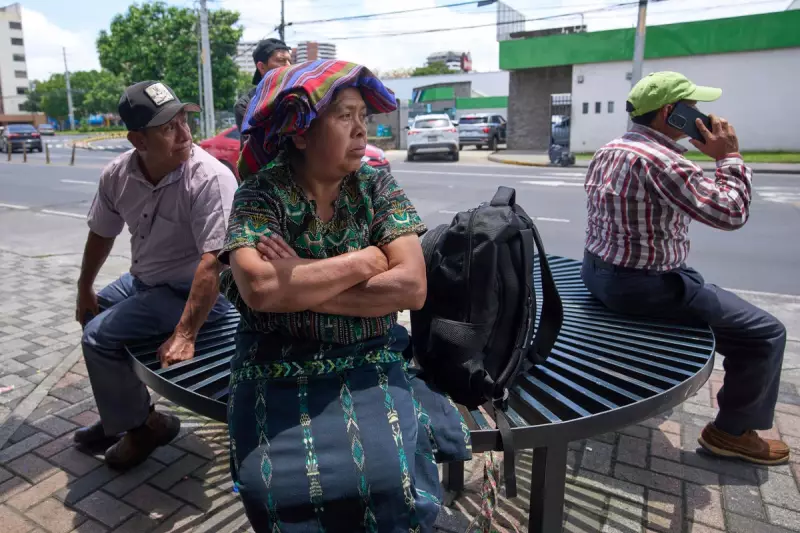
A US federal judge has delivered a significant blow to the Biden administration's immigration enforcement, temporarily blocking the mass deportation of unaccompanied children from Guatemala.
The ruling, issued in a Washington D.C. court, halts the immediate expulsion of vulnerable minors under the controversial Title 42 public health order—a policy initially implemented during the Trump presidency citing pandemic concerns.
Humanitarian Crisis at the Border
Advocacy groups brought the case forward, arguing that deporting children without proper asylum screenings exposes them to extreme danger and violates US and international humanitarian laws. The judge found their arguments compelling enough to warrant an immediate temporary restraining order.
This decision comes amid a significant increase in unaccompanied minors arriving at the US-Mexico border, many fleeing violence, poverty, and natural disasters in Guatemala and other Central American nations.
Legal and Ethical Implications
The ruling states that deporting children without assessing their asylum claims potentially subjects them to:
- Risk of violence and persecution upon return
- Separation from family members in the US
- Trauma from immediate expulsion without due process
- Lack of access to legal representation
This legal challenge represents one of several against Title 42, which critics argue has been used as an immigration control measure rather than a genuine public health protocol.
Administration's Response and Next Steps
The Biden administration, which has maintained the policy while attempting to reform other aspects of immigration, now faces increased pressure to develop more humane processing methods for vulnerable migrant children.
The temporary block remains in effect until further court proceedings, with a hearing expected to determine whether a more permanent injunction should be granted.
This development marks a critical moment in US immigration policy, potentially setting precedents for how unaccompanied migrant children are treated at the border amid ongoing humanitarian challenges.





